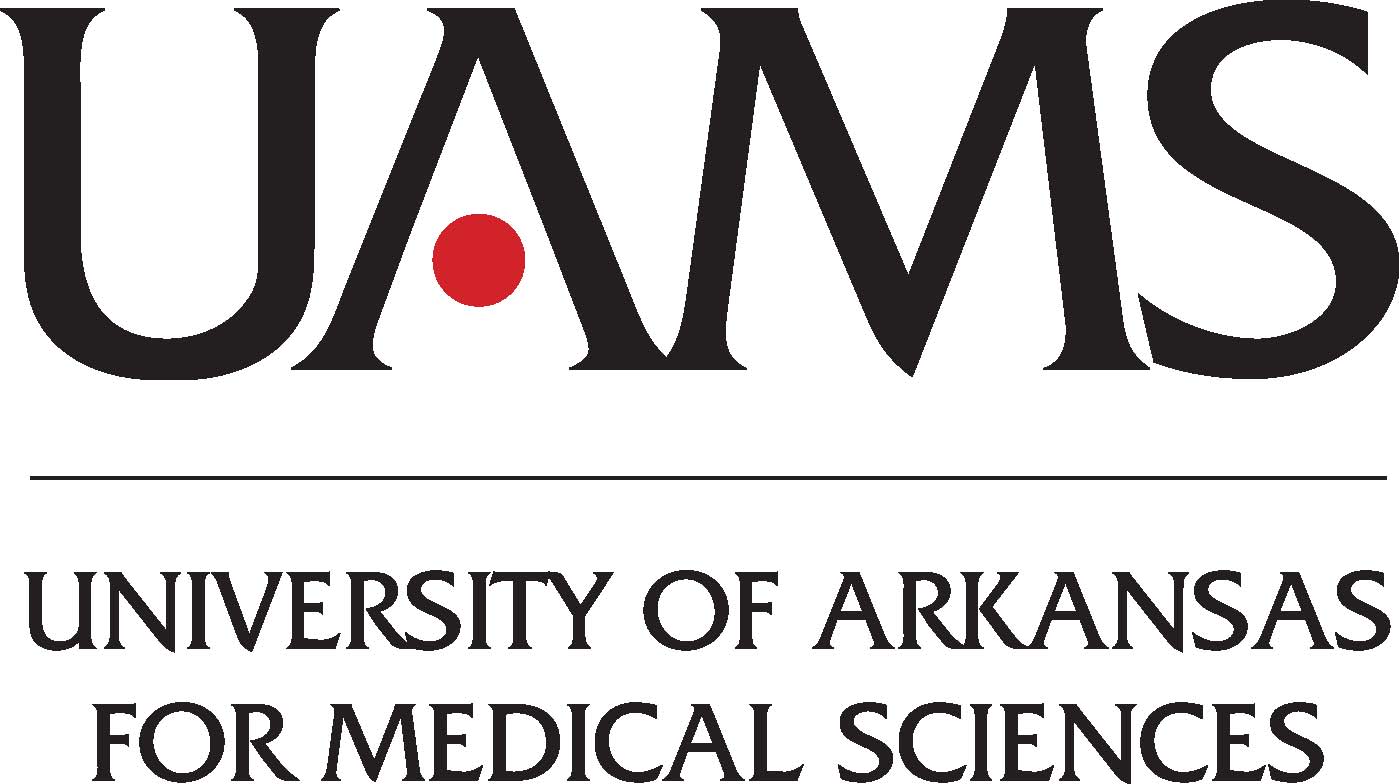Photodynamic Therapy (PDT) With Temoporfin for Non-Resectable Non-Small-Cell Lung Cancer
| Status: | Completed |
|---|---|
| Conditions: | Lung Cancer |
| Therapuetic Areas: | Oncology |
| Healthy: | No |
| Age Range: | 18 - Any |
| Updated: | 1/1/2014 |
| Start Date: | July 2012 |
| End Date: | September 2013 |
| Contact: | Mary E Meek, MD |
| Email: | athertonmarye@uams.edu |
| Phone: | 501-686-5740 |
The purpose of this study is to evaluate the safety of I-PDT with Temoporfin for patients
with Non-Resectable Non-Small-Cell Lung Cancer (NR-NSCLC). Several clinical studies
suggested that photodynamic therapy (PDT) may be an effective treatment for patients with
NR-NSCLC. PDT is a therapy where an external light source, such as laser, is used to
activate a light-sensitive medicine to produce byproducts that can destroy cancer cells. In
this study the investigators will use an experimental light sensitive medicine, Temoporfin,
to perform interstitial PDT (I-PDT). In I-PDT, laser fibers are inserted into the tumor to
activate the light-sensitive medicine.
with Non-Resectable Non-Small-Cell Lung Cancer (NR-NSCLC). Several clinical studies
suggested that photodynamic therapy (PDT) may be an effective treatment for patients with
NR-NSCLC. PDT is a therapy where an external light source, such as laser, is used to
activate a light-sensitive medicine to produce byproducts that can destroy cancer cells. In
this study the investigators will use an experimental light sensitive medicine, Temoporfin,
to perform interstitial PDT (I-PDT). In I-PDT, laser fibers are inserted into the tumor to
activate the light-sensitive medicine.
Inclusion Criteria:
- Eighteen years of age and older, male or female, of all races and ethnicities.
- Histologically confirmed non-small-cell lung cancer (NSCLC).
- Not a candidate for curative surgery.
- Not a candidate for curative concurrent chemoradiation therapy.
- Not a candidate or does not wish to receive curative radiation therapy.
- Not a candidate or does not wish to receive radiofrequency or microwave thermal
ablation.
- Have an Eastern Cooperative Oncology Group (ECOG) performance status < 2.
- The tumor is observable in CT with contrast.
- The tumor is accessible for unrestricted illumination of interstitial photodynamic
therapy (I-PDT).
- Deemed likely to survive for at least 3 months.
- Patient is able and willing to provide written informed consent to participate in the
study.
- If the subject is a female of childbearing potential, the subject is willing to take
a pregnancy test and practice strict birth control (estrogen-containing oral
contraceptives or an intrauterine device) throughout the study and for 3 months after
Temoporfin administration. Women who have had a hysterectomy are exempt from these
requirements.
- Subject is willing to remain in a controlled light exposure environment for a time
period of at least 15 days.
- History of laboratory tests that meet the following criteria
- Hematocrit >= 33%, hemoglobin >= 11 g/dl
- Platelet count > 70,000 per microliter
- White blood count > 3,000 per microliter or ANC > 1500 per microliter
- Creatinine: 0.8 to 1.4 mg/dL
- Serum chloride: 101 to 111 mmol/L
- Serum potassium: 3.7 to 5.2 mEq/L
- Serum sodium: 136 to 144 mEq/L
- Liver function test: albumin, bilirubin (direct/conjugated), ALT (alanine
transaminase), AST (aspartate transaminade), GGT (gamma glutamyl transferase),
ALP (alkaline phosphatase) within normal limits
- BUN: 7 to 20 mg/dL
Exclusion Criteria:
- The tumor invades a major blood vessel.
- The tumor is not clearly shown on the CT image.
- The tumor size is larger than 5 cm when measured in a contrasted CT image according
to RECIST v1.1.
- The location and extension of the tumor precludes an effective I-PDT.
- Patient with porphyria or other diseases exacerbated by light.
- Patient with hypersensitivity to Temoporfin or to any of its excipients.
- Patient with known allergies/hypersensitivity to porphyrins.
- Patient with a planned surgical procedure within the next 30 days.
- Patient with a coexisting ophthalmic disease likely to require slit-lamp examination
within the next 30 days.
- Patient with existing therapy with a photosensitizing agent (Temoporfin, porphyrin or
derivatives of porphyrin).
- Patient has received prior PDT to the proposed treatment site within the prior 3
months.
- Patient with known sensitivity to the CT contrast agent (Omnipaque), which would
preclude the use of the CT contrast agent.
- History of poor renal function as demonstrated by serum creatinine and estimated
glomerular filtration rate (eGFR) < 40 mL/min/1.73m2, which would preclude the using
of the CT contrast agent.
We found this trial at
1
site
529 West Markham Street
Little Rock, Arkansas 72205
Little Rock, Arkansas 72205
(501) 686-7000

University of Arkansas for Medical Sciences The University of Arkansas for Medical Sciences (UAMS) in...
Click here to add this to my saved trials